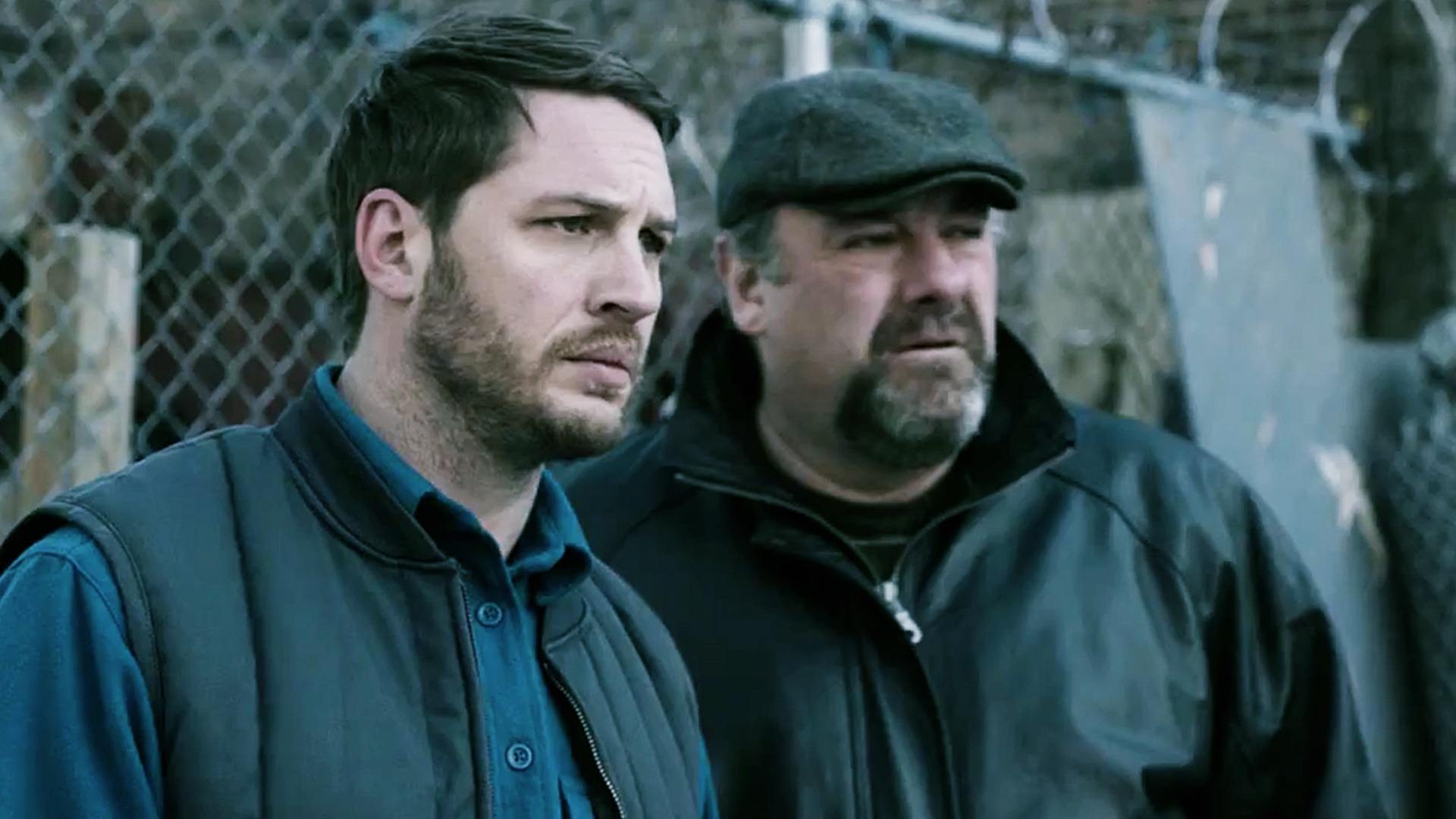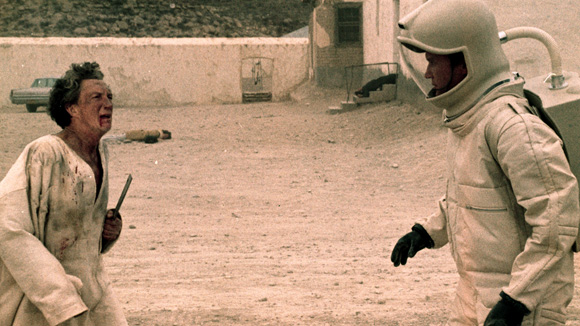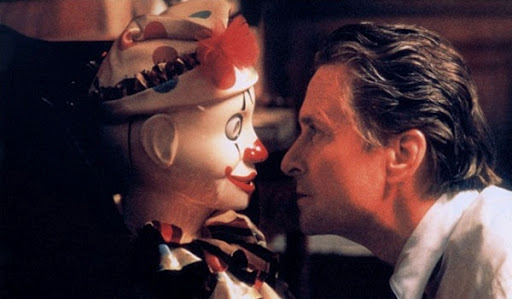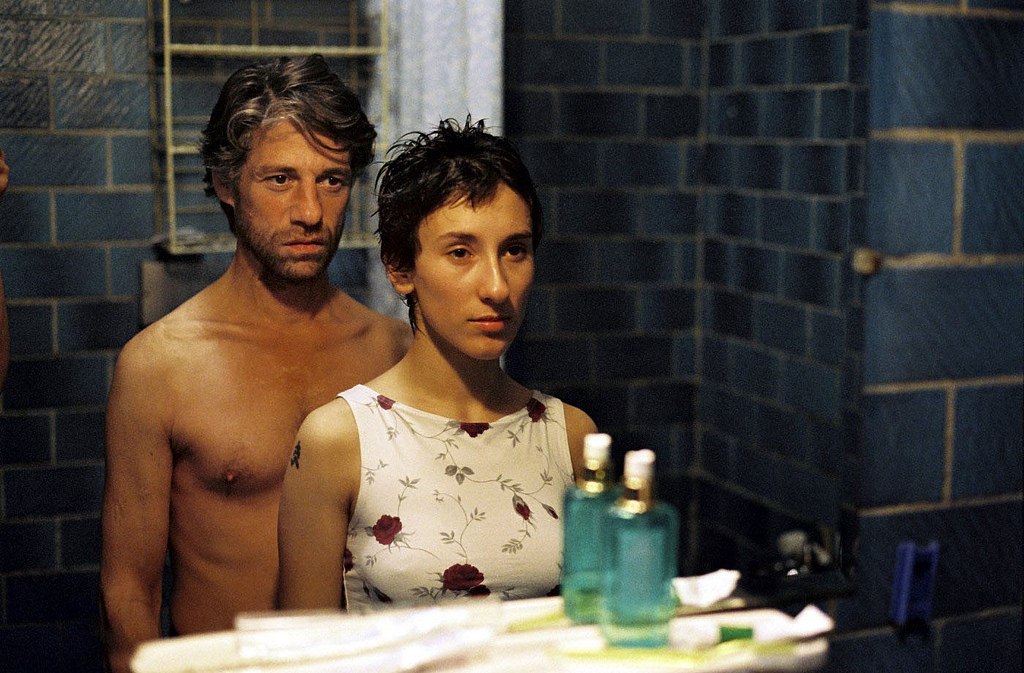
A film about the circular nature of time. Check. A sepia-tinted neo-noir sequel to a classic ‘80s film. Check. A Kafkaesque psychological thriller based on a José Saramago book. Check. Add with them another two haunting dramas and two fantastic thrillers with unexpected twists. Now you know the genius of Denis Villeneuve.
Of the filmmakers who are fighting with all their resources to write the antithesis of the “Cinema is Already Dead” campaign, Villeneuve is one of the figureheads of that resistance. Prolific and profound, very few filmmakers have successfully managed to combine these two aspects in their filmmaking aspects till the dawn of cinema, and Villeneuve is one of them.
Villeneuve started his career with “August 32nd on Earth,” a tribute to the French New Wave, which entered the 1998 Cannes Film Festival in the Un Certain Regard section. This film was also selected as the Canadian entry in the Oscars, his country of residence, which is an achievement for a new filmmaker.
The follow-up film “Maelström” was again lauded by critics; it was a romantic drama that revolved around the post-traumatic experience of an accident, employing themes of fantasy and comedy. Among several accolades and festival entries, It also famously won the FIPRESCI prize at the 51st Berlin Film Festival.
Since then, Villeneuve’s filmography has taken a wonderful turn, with each following film generating more appraisal than the predecessor. “Polytechnique,” his third film as a director, which was based upon the real-life Montreal Massacre, won nine Genie Awards and was also screened at the Director’s Fortnight section in the 2009 Cannes Film Festival.
The prolific filmmaker then released a film named “Incendies” in 2010, which premiered in several celebrated film festivals like the Venice Film Festival, Toronto Film Festival, Sundance Film Festival, and also won the UPC audience award at the International Film Festival in Rotterdam.
It was only the start of a grand venture. The succeeding five films were so amazing in both their emotional and technical qualities that critics had already started to compare his inputs with the like of legendary genius Stanley Kubrick. “Prisoners” was a great thriller loosely based upon the Edgar Allan Poe short story “The Tell-Tale Heart” and was widely appreciated by the critics. It marked the start of his collaboration with ace actor Jake Gyllenhaal.
The next Gyllenhaal starrer “Enemy” was an intense psychological maze with an excellent yellow hazed cinematography. “Sicario,” his 2015 outing, is one of the best crime thrillers of this millennium and competed for the Palme d’Or. He experimented next with a sci-fi drama named “Arrival,” and the film was lauded by critics as one of the best sci-fi films of all time.
Seems like Villeneuve is on a roll. With the excellent but polarised 2017 sequel to the cult classic “Blade Runner,” he won the confidence of large-scale productions and managed to bag the remake rights for “Dune,” to be released in 2020. He won the hearts of many a film fan over his small but wondrous film career. Here are 10 films that his fans must see.
1. The Andromeda Strain (1971)

Villeneuve was always a serious filmmaker, which is evident from his hard sci-fi outings. Though “Arrival” added some fantasy elements to its plot, its thorough sci-fi detailing and analysis of cyclical nature of time made it a hard sci-fi. For the confused souls, a hard sci-fi film cares heavily for its science and less for the fictional aspect, whereas a soft sci-fi does exactly the opposite. That’s why “Star Wars” is a soft sci-fi film and “2001: A Space Odyssey” is hard sci-fi.
“The Andromeda Strain” shares many similarities with Villeneuve’s intellectual hard sci-fi outing “Arrival.” Both were adapted from a literary text, both analyze the nature of alien life form and warn us about the danger of the nuclear bomb, and both project its scientists to be mundane souls rather than the mainstream prototype: child in a picnic in space.
This is also a slow-burning thriller that forces its audience to anticipate an upcoming danger. The casting is impeccable; the main characters don’t feel like the result of a late-night hunt at a Hollywood casting agency. Though technical jargon-heavy sometimes, this is one of the best pure science fiction films in Hollywood.
2. Cartel Land (2015)

A film named “Sicario” revolving around the all-powerful Mexican drug cartel was released in 2015. It was directed by Canadian born filmmaker Denis Villeneuve and was heavily lauded by the critics. Shortly, the video streaming giant Netflix released the series “Narcos” about the life of famous Mexican drug mafia Pablo Escobar.
Although it is hard for a film to trump a series because of the length advantage, “Sicario” was arguably a better product than “Narcos,” which represents a highly dramatized version of Escobar.
“Cartel Land,” another Netflix film about the Mexican drug cartel, carefully observes the machinations of these organizations. It is an unflinching documentary on the silent vigilantism exercised by both the United States and Mexico on the cartels.
The reality presented by the filmmakers never compromised authenticity for cheap cheers; it is an occasionally riveting, grim, violent look at humanity and its lifestyle. In turn, “Cartel Land” thoroughly invests its viewer throughout its runtime.
3. The Game (1997)

Here we are talking about a filmmaker who never compromises his vision in lieu of delivering cheap thrills in his films. That doesn’t mean he doesn’t know how to entertain. A great director of thrillers, Villeneuve made quite a few of them in his career with unexpected climaxes. “Prisoners,” starring Jake Gyllenhaal and Hugh Jackman, is one of the best in the lot. The closest comparison can only come from David Fincher.
While “Fight Club” is Fincher’s best-known work for the unexpected twist at the end, his “The Game” was a more mature, tough psychological drama and thriller with themes of loss, grievance, identity, and more. It shows how childhood trauma affects a person and can be hidden in plain sight with no apparent physical symptom. The film constantly juggles between fantasy and practicality with ease. Watch this underrated gem by Fincher soon.
4. Bug (2006)

Films that like to play with the brains of the spectators have always been received with polarised reactions. It is very much a hit-or-miss case for the audience, but that doesn’t stop brave and intelligent filmmakers from taking their chance of making one.
Denis Villeneuve’s “Enemy” was such a movie. It introduces us to normal but morbid households where the inhabitants are unhappy with their choices in life, where the urban cityscape is much like a controlled spiderweb unknown to the populace.
The film never answers the remaining questions in the end, but leaves an open-ended puzzle for the viewers to decrypt. Based on a play by Tracy Letts, William Friedkin’s “Bug” is another film which defies genre labeling and takes the same route of abstraction like Villeneuve’s “Enemy.” Equal parts black comedy and horror psychodrama, the film comments on various social issues more than what the eyes meet.
Like “Enemy,” it presents its characters trapped in isolation in the heartless heralds of urbanity. The film analyses the romantic incapabilities that have silently grown inside humans like a bug. Excellent acting by Ashley Judd and the amazing tension etched by Friedkin make this one of the most underrated films from a major director.
5. Head-On (2004)

Fatih Akin is widely regarded as one of the masters of tragedy. The 2004 offering by the German-Turkish director documents the life of two star-crossed lovers embarking on the dangerous consequences of life after shortly escaping from previous mundanity and depression associated with their lives.
Cahit Tomruk starts a self-destructive episode in his life after his wife’s death with cocaine and alcohol, and by fate he met his next muse Sibel in a psychiatric clinic. They started to live together, but like two independent persons with separate sex lives. It was not a romantic relationship at first but slowly starts to develop toward it.
The result was a bad confrontation and the murder of one of Sibel’s flings. Cahit goes to prison and Sibel leaves the country, but again by fate, they meet in a foreign country after Cahit is released, where Sibel is married with a child. Old flames spark, they again plan to escape, but at the bus stop, Cahit realizes that Sibel won’t come and his life starts again from zero. This is a well-paced but horrifying and hopelessly tragic film. Watch if you are a fan of “Incendies.”